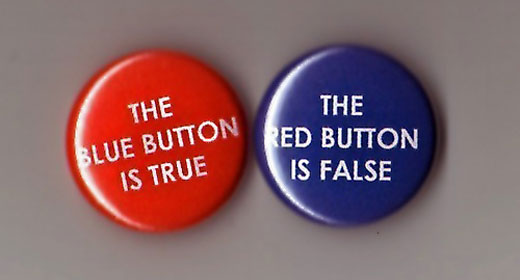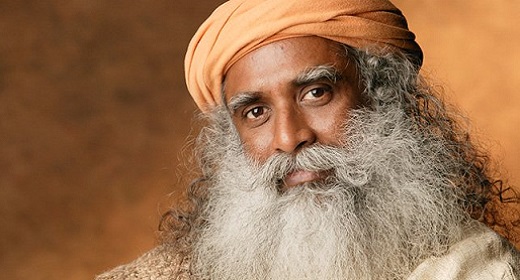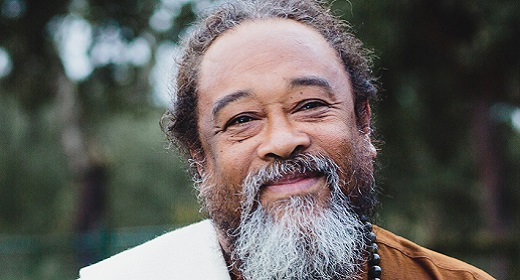by Arjuna Ardagh: Last week I wrote an article for you about procrastinating and rushing…

I got some interesting letters back, so let’s explore this a little more deeply. You could say that any kind of learning system, whether religious, academic, or philosophical, aims to train the mind to be dogmatic. If it is like this…then it is definitely not like that. You can see how this kind of dogmatism has been fed to us in almost every discipline.
In medicine, if you want to be healthy, kill the germs in your house.
In relationship, if you want to be close, be completely honest.
In religion, if you want to get to heaven, you must exclusively follow Jesus Christ and no one else.
If you want to live long, you must take these supplements. Do not smoke and do not drink.
We could go on and on…I chose these particular statements randomly because they are all subject to dispute. For example, there has been plenty of research now on longevity to disrupt all the things we know to be true. Look at the habits of people who live to more than a hundred ( you can do that here [https://www.thrillist.com/entertainment/nation/secrets-to-living-to-100-centenarians-endorse-booze-smoking-chocolate]) and you’ll see there is plenty of alcohol, tobacco, candy and fried food talked about. Not many supplements or green smoothies.
When I work with people as a coach, a big part of what allows people to be more effective and let their gift shine more brightly is to make the thinking process more flexible and nuanced to develop the capacity to embrace paradox.
You will be closer if you are more honest with each other.
You will be closer if you are diplomatic and censor what you say to not unnecessarily hurt other people’s feelings.
You will live longer if you take good care of your health and take appropriate supplements.
You will live longer if you enjoy yourself and not worry too much.
In the 1970s when I was at university back in Cambridge, England, there was a very popular book called Lateral Thinking by Edward de Bono. I wonder if you have read it. The whole point of the book is to train us in how we think, and to learn to think more effectively. Edward de Bono’s work trains you to weed out unconscious assumptions or dogmatically held beliefs to let them go and to recognize that your thinking becomes clearer and more effective the less that you believe.
I have noticed in coaching people that you become wiser, more effective, more generous, more respected, and even wealthier, the greater capacity you have to embrace paradox.








































